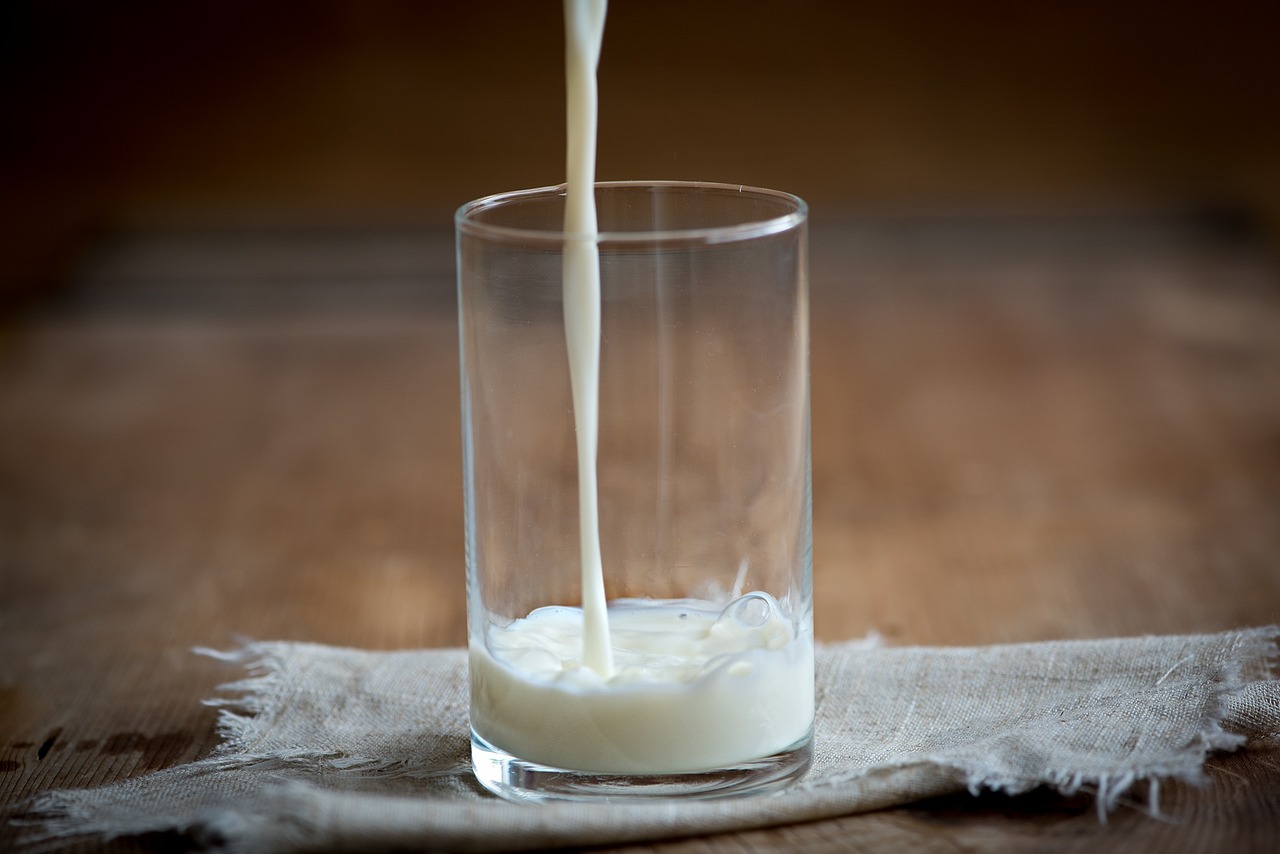Milk Linked to Parkinson’s Disease?
This New Study Found a Possible Way Milk Is Linked to Nerve Health
Just a few days ago, I wrote on the merits of adding coconut milk to your diet.
If you’re already on the fence when it comes to dairy, then after reading this you really might want to rethink it as a fixture in your life. Heck, you’ll also want to rethink almost every food you eat…you’ll see why in a minute.
As I’ve noted, there are a number of reasons not to drink dairy.
Drinking milk, eating cheese, getting your curds and whey…all of it has the potential to disrupt your health. For example:
-
- It can cause excess mucous
- It can contribute to leaky gut syndrome
- It increases the chances of chronic inflammation
- It’s tied to the obesity epidemic
And more.
A recent study demonstrated that what’s in your milk could lead to Poor Nerve Health.
The study I’m referring to was originally aimed at observing the effects of a particular pesticide used by pineapple farmers back in the ’70s and ’80s on the islands of Hawaii.
Robert Abbott of the Shiga University of Medical Science in Japan and his team were exploring the effects of a particular pesticide and how it affects our bodies. They came across this discovery:
At the time, an organochlorine pesticide used by pineapple farmers made its way into the milk supply when cows were fed a gruel made in part from the pineapple debris. Coincidentally, there was also a study of heart disease among Japanese-American men begun then that involved more than 8,000 men who were followed from mid-life to death. All provided detailed information about what they ate, including how much milk they drank, and some agreed to donate their brains for research upon death.
It was only after they started dissecting the brains of 449 of the deceased that they stumbled onto their discovery. The researchers observed the neuron density in the subjects’ brains and found something quite interesting.
While studying the areas known to be affected by the progression of Parkinson’s, they noticed those who had the thinnest connection of neurons were also the ones who drank the most milk.
In this case it was two cups or more a day, so about what the average American would consume.
As they furthered their research, they also noted many of these men had observable residue in their brains of the exact pesticide that contaminated the milk supply.
That’s what triggered some concern.
Interestingly, by measuring when cells in motor nerve regions died, they also learned that the accumulation of heptachlor epoxide occurred before the cells were damaged, strongly hinting that the chemical was responsible for triggering the changes associated with Poor Nerve Health.
Now here’s where things are a little hazy.
Because the team never got original samples of the milk the men had been drinking, they weren’t able to make a firm conclusion that the milk caused the damage. As Abbot said, “We don’t have all the data yet, but we are close to finding the smoking gun here…It’s not complete, but it’s very suspicious.”
Remember, the scientists knew the milk was tainted, they just didn’t get to look at authentic samples.
The good news is, this pesticide is no longer in use in the U.S. However, there still remains a significant amount trapped in soil and water both in the U.S. and overseas.
This particular pesticide is quite pervasive; researchers have found it as far away as Italy, and it’s even been discovered in goat milk in Ethiopia. Based on its effectiveness, you can imagine it’ll soon be discovered elsewhere.
In reality, depending on where you get your food, there’s a possibility the pesticide could make it into your food supply even if no one sprays it anymore.
That’s actually true of almost any food. If you’re eating or drinking foods that have been grown near, or on, previously treated lands, you stand the chance of consuming chemicals you never intended to; which is obviously why it’s so darn important to know where your food comes from.
So, Is Milk Linked to Nerve Health?
Not necessarily.
When it comes to drinking milk and how it’ll affect you, this study doesn’t indicate with finality drinking milk will cause poor nerve health.
However, there is an adequate amount of research showing Parkinson’s severity is often determined by inflammation in the brain; and, since milk is known to cause inflammation, I’m not going to say we should rule the possibility out, either.
At the end of the day, this study shows just how important it is to understand the link between diet and disease. Like Abbot said, “This adds to the literature that diet may indeed play a role in nerve health…it also tells us that there is more to food than just its nutritional value. There’s contamination, and what’s on that food.”
This is one of the reasons I stress the importance in understanding the link between food and disease.
There’s so much still to be learned about the connections, but so far we can safely say the higher quality your food is, the better it is for you.
In terms of what that means for you, it means knowing what you eat, and knowing what the food you eat, eats. Know what’s sprayed on your food. Find out if it’s GMO or not. Understand how eating certain combinations of food can be harmful.
Also, what’s probably most important – determine if you have any food allergies, and do all you can to avoid those foods for better health.
By taking all these things into consideration, you can experience Health As It Ought To Be


